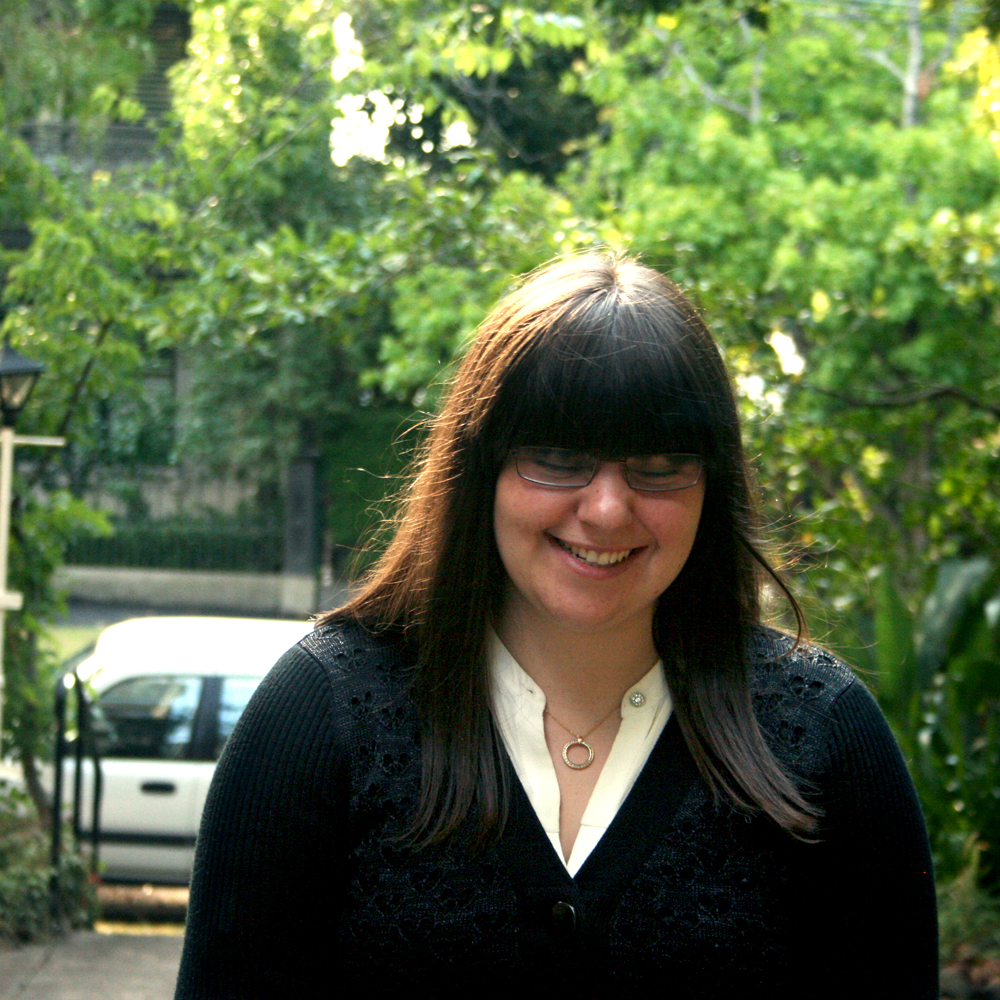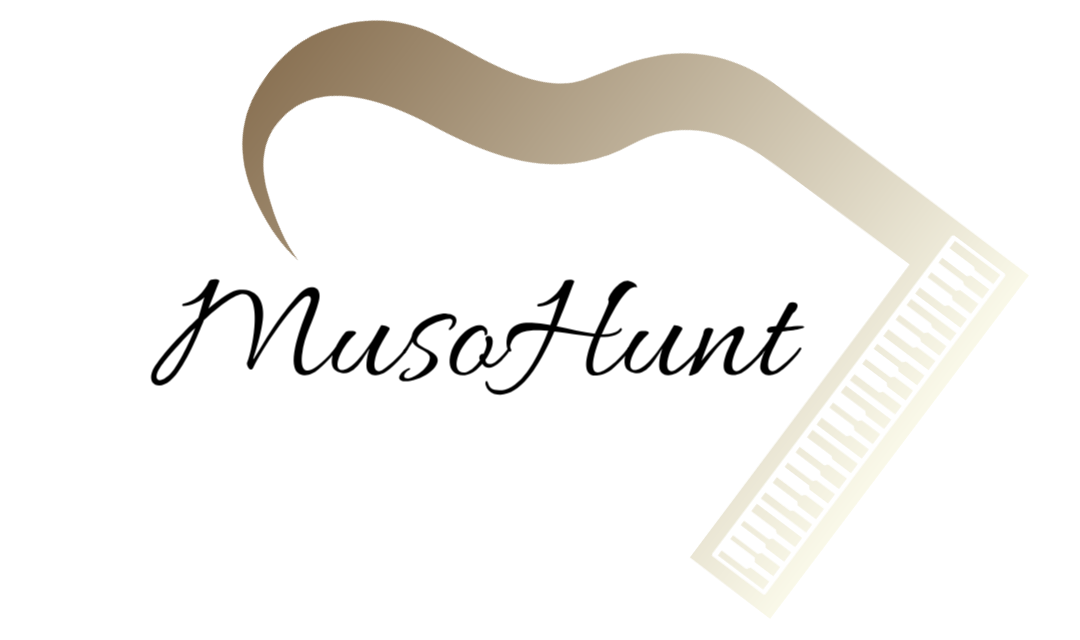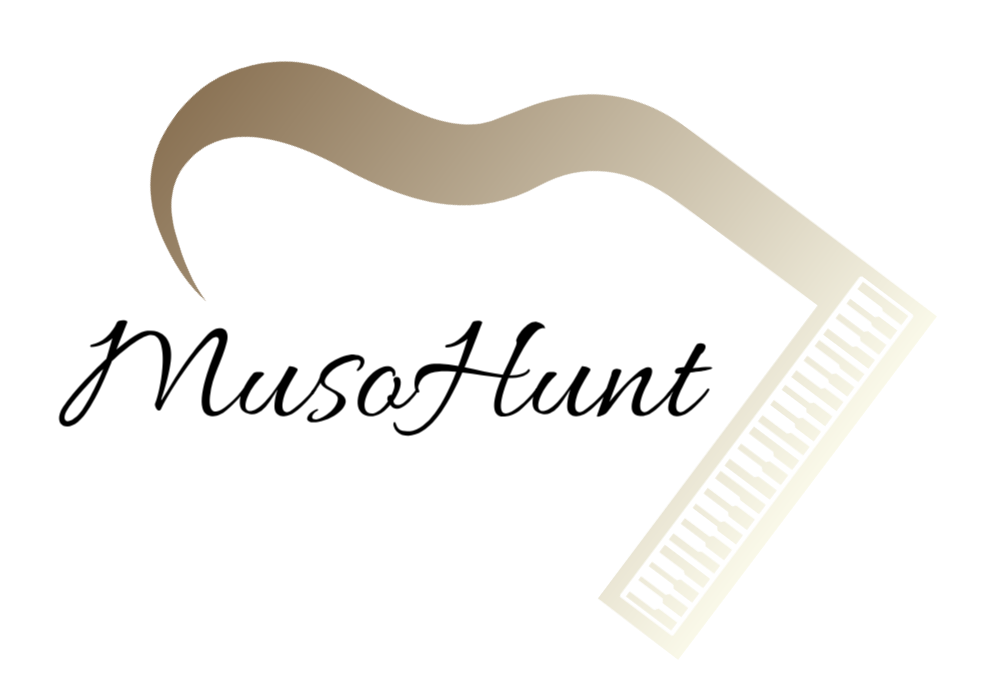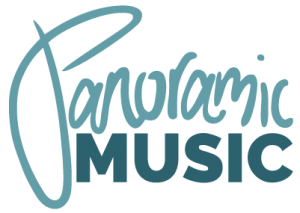
An Interview with Music Theory and Ear Training Teacher – Caterina Turnbull
Hi Caterina, thank you for agreeing to do an interview with us! I understand that you are a woman of many talents, can you please tell us more about your background, and how did you decide to become a musician?
I’ve always really love music when I was growing up. My mum was a piano player and a piano teacher, so there’s a lot of music around the house. I feel like a lot of musicians sort of start out that way – growing up with music around the house. I also learnt violin and singing throughout high school, and a little bit of piano as well.
In regards to actually getting properly into music, my now husband suggested that I try out composition as an entry into music degree.
As a musician, what is your biggest success or achievement so far?
Oh, that question is really hard.
I’m really into promoting other people. So if I think about my successes, that’s probably what I’d rate the highest. If I’m thinking about objective successes, I was commissioned by Julian Burnside AO to write a string quartet for the Bendigo International Festival of Exploratory Music. That was back in 2017 while I was doing my Honours year, so I was particularly young at the time.
As a Monash student, we’ve been invited to the festival the year prior to workshop a couple of pieces. It was not necessarily premiering the works, but more working with a string ensemble in regards to how to make our pieces more “performer-ready”, what it’s like working with musicians, and exploring more of that sort of writing style that would be expected of that kind of festival.
The director also asked me to expand my piece so that they could use it for the festival the following year. That was a really lovely experience, and I got to meet Julian Burnside AO at the launch of the festival.
In regards to things that I value the most, I really value the work that I do at the moment. Any sort of event that I’ve been responsible for holding, or any musician that I’ve been responsible for promoting or helping to get their work out there, I really hold that high in regards to the thing that I do. Similarly, I love helping musicians in their general learning too.
In 2017, I was asked to take Ear Training classes at Monash University as a tutor and this was when I was doing my Honours year. I just finished my undergraduate degree, and I convinced them to hire me to teach first and second years. It was literally every single student who was taking ear training that I was teaching at the time.

Click here to see her profile.
The only reason why I got hired was because the unit was in trouble regarding student feedback. It hadn’t had hugely positive responses in the past, which is always difficult for units that are compulsory, where the fact that your previous study comes a lot into the play. It assumes that you’ve gone straight from high school music into university music, which isn’t the case for everyone. There’s a lot of musicians out there who have that kind of talent, but don’t have necessarily the theoretical experience that other students do.
But that was a lovely year that I really enjoyed teaching. Teaching that year is something that I hold really dear to my heart.
Can you please tell us a bit more about your teaching philosophy?
I really believe that learning is a very individual experience, and I feel like that needs to be consciously remembered by me at all times.
I have always reminded myself that just because I believe that learning something in this particular way has been really effective to me and students in the past, it still might not be universally effective. My teaching philosophy is really about listening and about fully understanding students’ capability. So most of the time, on my end at least, it’s a matter of understanding weaknesses.
Rather than “Oh, here’s a thing, you need to improve on this”, it is more about understanding why certain weaknesses and certain habits that may be inhibitive in students.
Depending on the age of students, the way in which I approach trying to strengthen areas of weakness will differ for everyone.
With younger students, you may not necessarily have half an hour conversations about how you hear a major third and why is it that it sounds potentially this size or why does it have the resonance that it does.
Whereas with adult students, you can have those conversations and even if people aren’t quite aware of the reason behind why and how they process things, it’s always a really interesting conversation time.
I like having a lot of conversations. I think it’s really important that students feel comfortable and they don’t feel pressured to perform when they’re with me.
What is the best thing about teaching that you enjoy?
I enjoy a lot about teaching. I really like it when it clicks for students.
I’ve had a lot of students in the past and particularly with ear training where for a while it just feels like a grind. You just kind of keep practising the same thing… You know, you improve a bit because obviously exposure makes you improve, but those moments where students really feel like they connect and they really understand the content, those moments are really magical.
I enjoy it when people understand things probably because I enjoy understanding things.
Why do you think it is important to learn music?
I believe it’s important to learn music because the way in which we tackle learning music is universally applicable, in the same way as the way you learn to dance is universally applicable.
So the dancing analogy is really easy to understand because it requires perseverance and effort. These sorts of things you see it really easily in dance because it is physical work, but they apply in music as well.
You do the exercises over and over again. The more work you put into something, the more you get out of it. The way you learn to problem solve is applicable to many other things.
All those skills that you pick up are from learning music, not in actual playing. Learning how to understand music and how to play your instrument bleeds into everything else that we do. I think it just generally makes people more well-rounded and more capable in plenty of other subjects.
What is your best piece of advice for parents and students when they are picking a music teacher?
You absolutely want someone that you can learn with. Beyond anything else. Having someone that you can communicate with well is really highly important.
It is similar to hiring people. You want to make sure that there’s a fit there. Knowing whether the teacher is the right fit for your student is always a really difficult thing to do, but I believe having conversations with teachers before engaging with them is always a really good idea.
Knowing their stuffs is always highly value, but keep in mind that there are a million different resources out there.
People who have been studying music for a really long amount of time will know exactly where to look. They will also know how to find things out if they need to.
Similarly on the other end, you don’t want a teacher who essentially tells you every single question “I’m not sure”, “I’ll get back to you”, or even worse – makes assumptions.
History and experience are always a really useful thing to go off if you’re just picking from a website or if you have never spoken to anyone yet.
Dedication and the amount of effort you put in is something that I believe that is really highly important, but you probably won’t know until you are ready to engage with the teacher. It is really hard for the teacher to tell you: “Oh I’m willing to put in extra 5 hours at home every week for your student”. The teachers who are that dedicated and put that much effort in are not going to brag about that kind of thing. It’s just something that’s done.
So finding out that kind of thing will be a matter of trial and error I believe.
I guess that’s a matter of knowing that you’ve got someone really decent, if they are willing to put in the extra miles for your student, or for you as a student rather.




